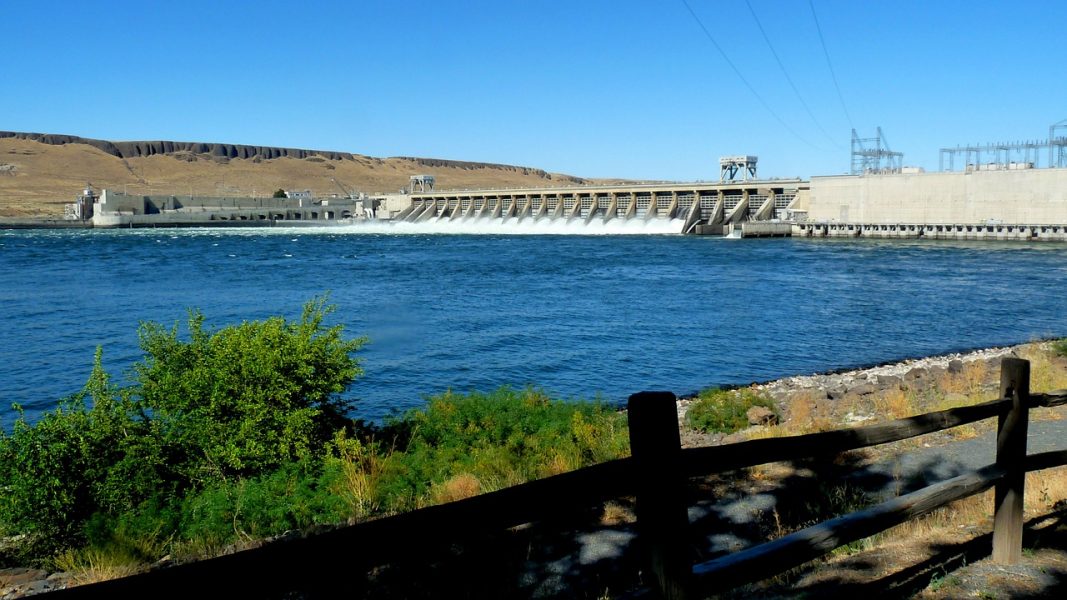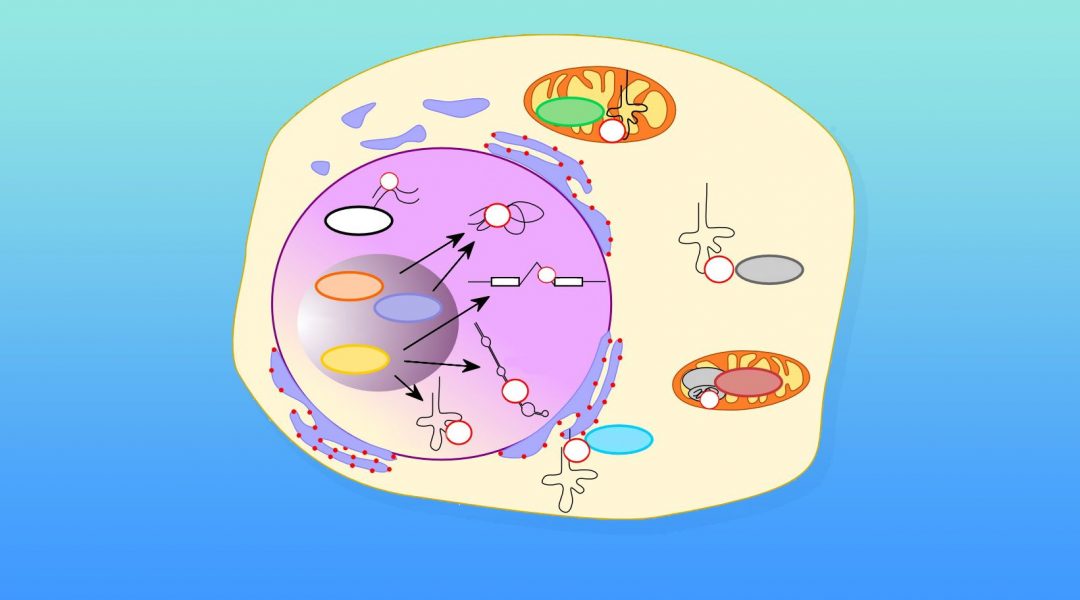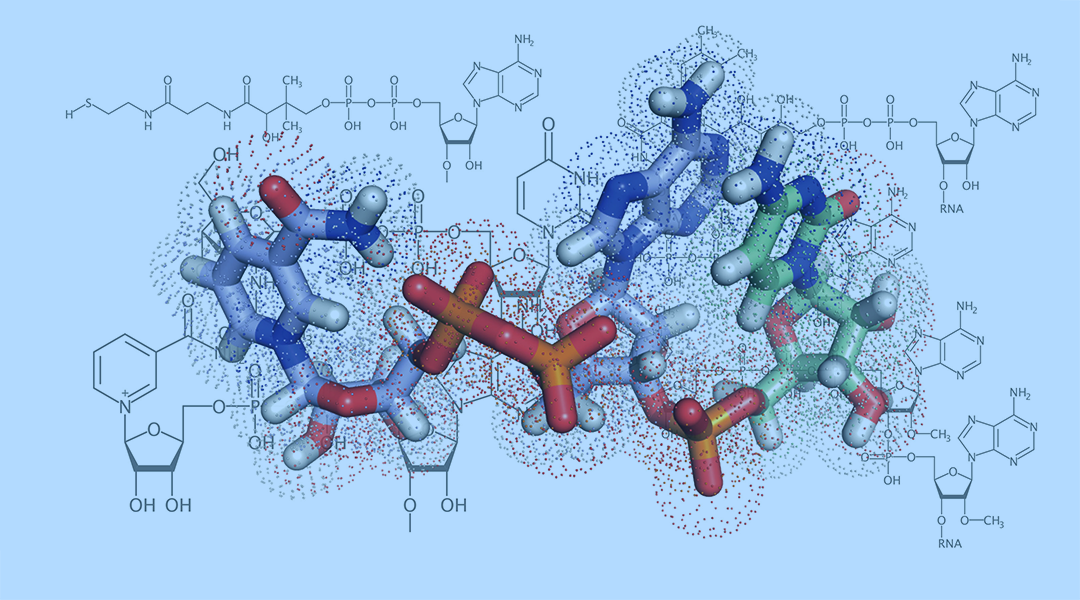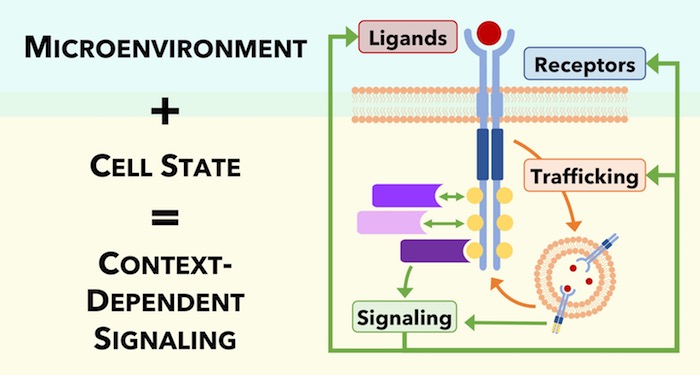How are hydrologic data used in understanding environmental processes and creating forecasting models and guiding water management?



How are hydrologic data used in understanding environmental processes and creating forecasting models and guiding water management?
Records of flooding in the past have, and continue, to improve flood hazard assessment.

A case on expanded research agenda on social contracts is made, arguing they can help identify and then situate the competing interests, voices and expectations at work in adaptation decision-making – an understanding that could help improve the equity outcomes of negotiated and imposed risk management settlements.

It is a well‐known fact that RNA is the target of a plethora of modifications which currently amount to over a hundred. The vast majority of these modifications was observed in the two most abundant classes of RNA, rRNA and tRNA. With the recent advance in mapping technologies, modifications have been discovered also in mRNA and in less abundant non‐coding RNA species.
Solar irrigation pumps have emerged as a promising alternative to conventional diesel and electricity powered pumps.
Insights in biomass fast pyrolysis kinetics: From dominant reaction pathways, necessary pre-treatments, unwanted by-products, and consequently, process optimization and upgrading.
A recent WIREs Water review analyses the close relationship between water and moving images.

Although many eukaryotic transcripts contain cap structures, it has been long thought that bacterial RNAs do not carry any special modifications on their 5′‐ends. In bacteria, primary transcripts are produced by transcription initiated with a nucleoside triphosphate and are therefore triphosphorylated on 5′‐ends.
The Hippo pathway’s role in heart development and regeneration.

Receptor tyrosine kinases (RTKs) are cell membrane proteins that provide cells with the ability to sense proteins in their environments. Many RTKs are essential to development and organ growth. Derangement of RTKs—by mutation or by overexpression—is central to several developmental and adult disorders including cancer, short stature, and vascular pathologies.